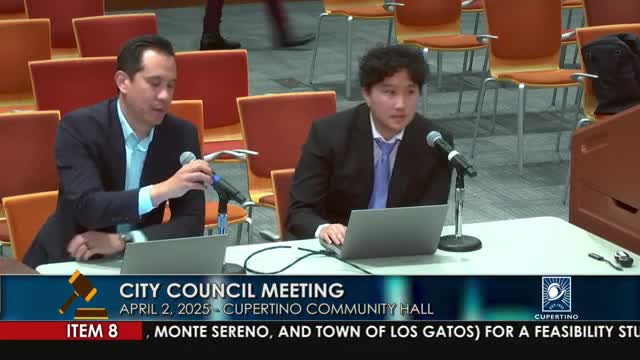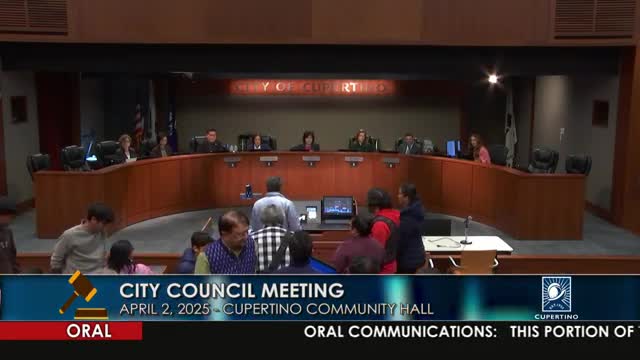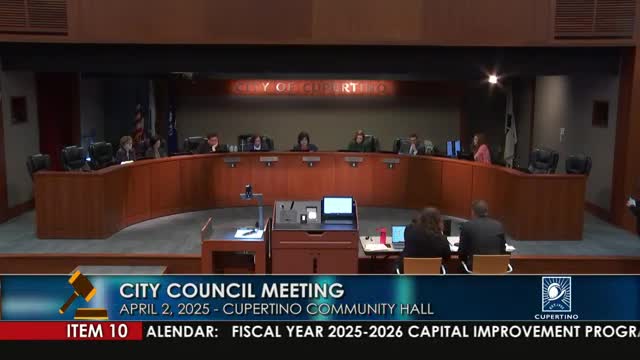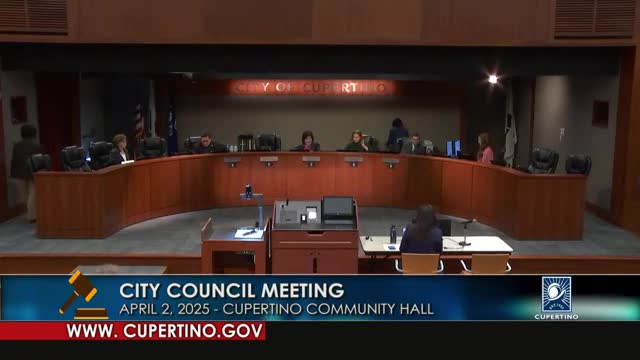Article not found
This article is no longer available. But don't worry—we've gathered other articles that discuss the same topic.

Cupertino signs on to West Valley shelter feasibility study; council approves MOU with one dissent

Public urges council to act as Foothill–De Anza plan for McClellan Terrace raises fears of 94-family displacement

Council approves $2 million CIP focus on safety and infrastructure; asks for City Hall options and possible project reviews

